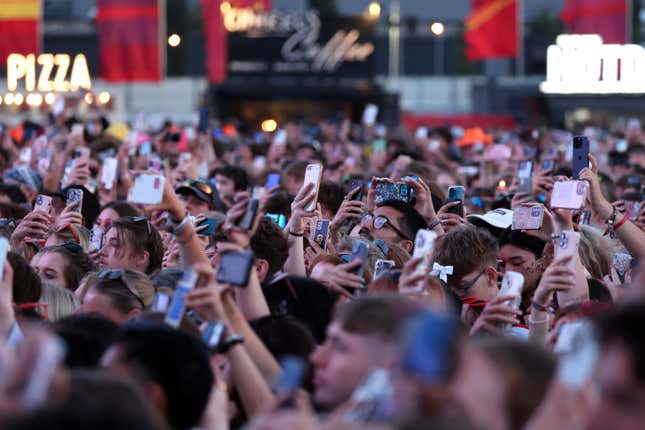
There is no link between mobile phone use and brain cancer, according to a new analysis commissioned by the World Health Organization (WHO) and published in the scientific journal Environment International.
Suggested Reading
Why you should consider investing in international stocks ahead of the Fed’s rate cut decision, according to a strategist
Suggested Reading
The systematic review was led by the Australian Radiation Protection and Nuclear Safety Agency (Arpansa), which looked at over 5,000 studies on the topic of radio frequencies and cancer risk and selected the most scientifically rigorous.
The final analysis examined 63 observational studies that were published between 1994 and 2022 and observed people in 22 countries.
The review focused on cancers of the central nervous system, including the brain, and risks linked to radio frequencies emitted by mobile phones, baby monitors, broadcast antennas, and occupational exposure.
The researchers found none of the major studies showed an increased risk between radio frequency radiation from these devices and brain cancers.
The analysis also concluded there is no connection between mobile phone use and cancer, no correlation with long-term use (such as using mobile phones for 10 years or more), and no link to the frequency or duration of mobile phone use (including the number of calls made or time spent on the phone).
Currently, the International Agency for Research on Cancer (IARC), a division of the WHO, classifies radio frequency radiation as “possibly carcinogenic to humans,” meaning it can not rule out a possible link to cancer. The classification was based on a 2011 review of studies by the IARC.
However, in 2020 an advisory group recommended that the IARC reexamine its classification as mobile phone technology has advanced and more data is now available.
The IARC also plans to make a risk assessment for 5G mobile phone technology in 2025.
